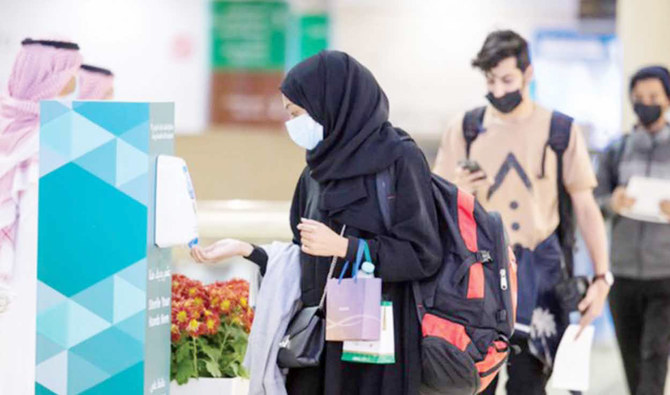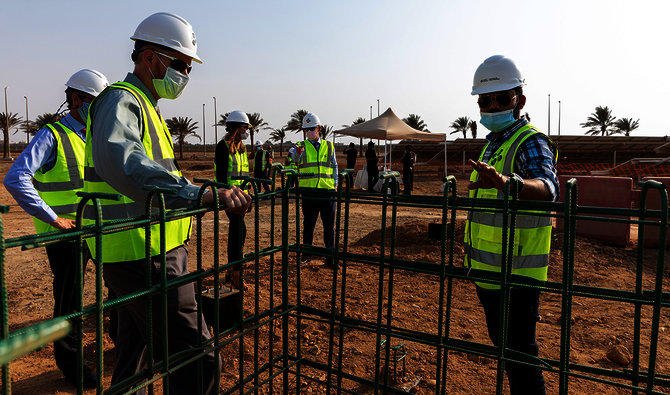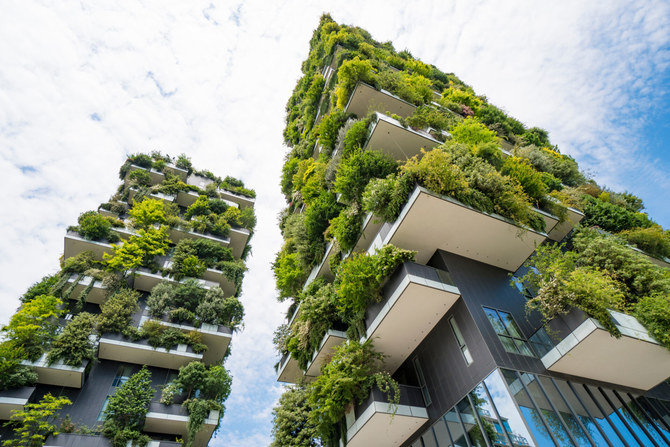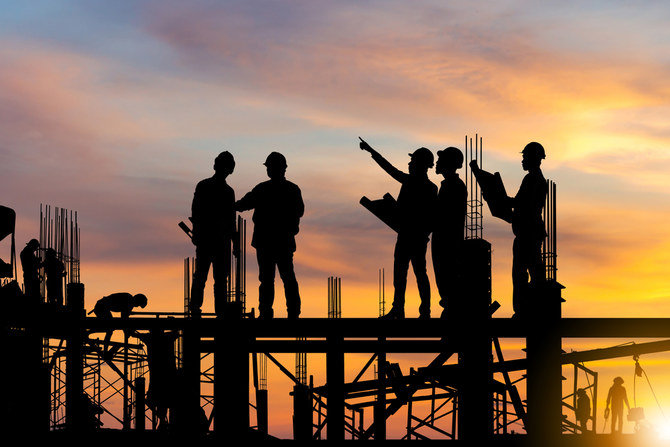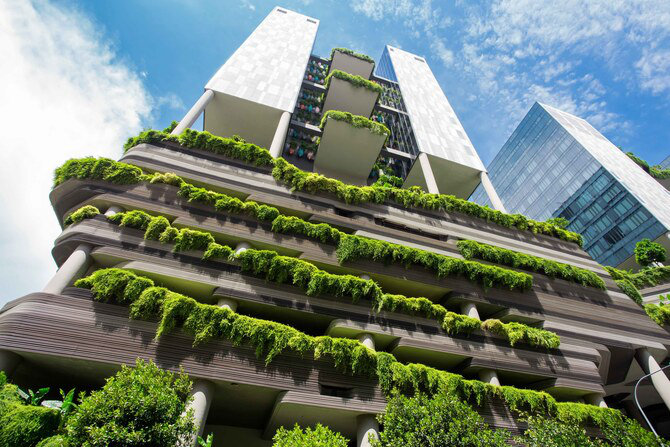JEDDAH: As Muslims across the world embarked on a Ramadan like no other on Friday, many families will be unable to fully enjoy the Holy Month because a son, daughter, parent or sibling is unable to come home due to the worldwide COVID-19 lockdown.
Although the Kingdom has made abundant efforts to support absent members of society by providing shelter and daily necessities, these families will not rest easy until their loved ones are back home.
“It’s heartbreaking; my daughter is pregnant and this is our first Ramadan apart,” said Jeddah resident Amal Turkistani, whose daughter moved to the US last year with her husband, who is pursuing his Master’s degree in Miami.
The family had intended to travel to the US to spend some of Ramadan together with the newborn — due in mid-May — but that reunion has had to be put on hold.
“We’re keeping in touch frequently on a Snapchat group and we video chat all the time,” Turkistani told Arab News. “My daughter acts strong and puts a tough face on but I’m sure she’s afraid of delivering a baby all by herself.”
The family will be spending Ramadan apart, but Turkistani has provided her daughter with plenty of Ramadan advice.
“I’ve given her many recipes — samosa and soups — as well as food to avoid now that she’ll be nursing,” she said. “I asked her to stay at home and make sure everything is sanitized, and to keep her appointments to a minimum with intervals between them, and to shop and pack things early.”
Turkistani has had discussions with her daughter about returning, especially since King Salman has agreed to allow the pregnant and the elderly to enter the country, but her daughter is concerned about the possibility of pregnancy complications, about catching a disease on the plane, and about the 14-day quarantine required when entering the country.
HIGHLIGHTS
• King Salman and Crown Prince Mohammad bin Salman directed the foreign ministry to arrange the return of citizens abroad to ensure their health and amid the coronavirus pandemic. The foreign ministry has launched an electronic service to register those interested.
• The families praise the efforts the Kingdom has made to provide the best services and reassurance.
When Aziza Sayem, owner of Ugur Restaurant in Jeddah, said goodbye to her son Moayed as he boarded a plane to Cairo to film a medical program set to air in Ramadan, little did she know that they would be still be separated today because of the pandemic. By the time Moayed had finished filming, all flights in and out of Saudi Arabia had been suspended.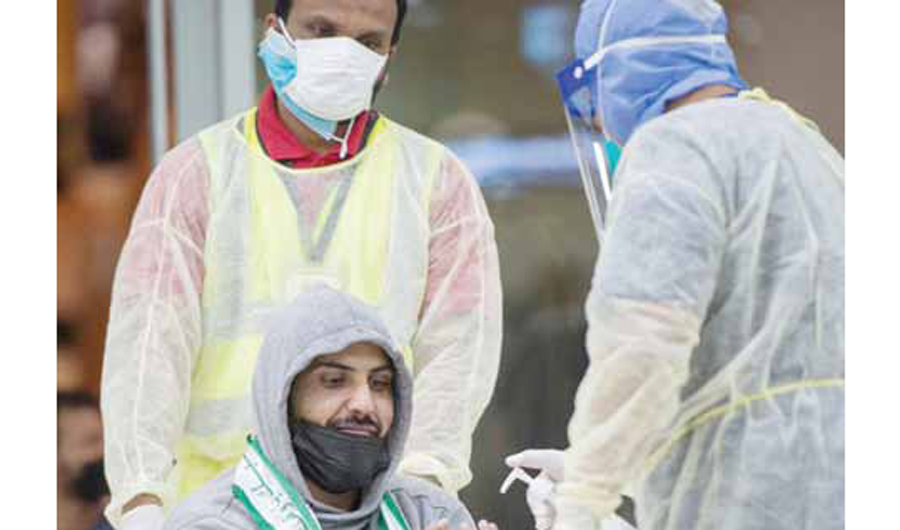
“I’m crying every day, hoping he comes back safe. Luckily, we have technology. We’ve been communicating through FaceTime a lot, and he’s optimistic,” she told Arab News. “He wants to come home, though, as a doctor. He said he wants to be on the frontline to serve his country and his people.”
Sayem said she is devastated that Moayed could not make it home in time for Ramadan, but stressed that she will continue to support him and stay in contact virtually.
She praised the efforts the Kingdom has made to provide estranged Saudis with the best services and reassurance. “When my son called the embassy, they went above and beyond, placing him in a 4-star hotel. He’s being fed and getting regular check-ups,” she added.
Azza Yousef, whose son is completing his final semester in engineering in Seattle, has gone through a lot in the past few weeks. “They discovered patient zero there, the first COVID-19 patient in the US, and it’s been (stressful) because he doesn’t tell me anything so I don’t worry. I find out about things on the news,” she said.
Her son finished his finals earlier this month after weeks of virtual classes and said that he is ready to come home.
“He doesn’t know what to do with his furniture and car. The situation is honestly alarming and unprecedented, that’s why we’re all trying to stay patient,” Yousef said.
She finds it hard to picture how this Ramadan will play out for the family without her son around. “I haven’t even done my usual Ramadan grocery haul,” she said. “I just can’t. My entire being is fixated on my son and making sure he’s well.”


